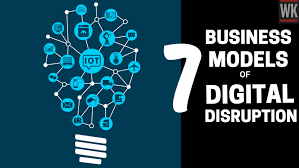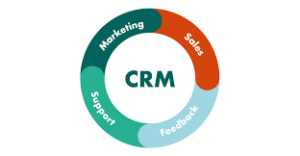
Digital Business Models
Digital business models are those that allow businesses to create value and generate revenue online or via the cloud. They leverage software to deliver products, services, and experiences to customers without the need for a physical presence.
Key Digital Business Models:
- E-commerce: Selling products or services directly to consumers online.
- Software as a Service (SaaS): Providing software applications over the internet on a subscription basis.
- Platform Business Models: Creating platforms that connect buyers and sellers, such as marketplaces and social media platforms.
- Freemium Model: Offering a basic version of a product or service for free, and charging for premium features or additional services.
- Subscription Model: Charging customers a recurring fee for access to products or services.
- Advertising Model: Generating revenue by displaying ads to users.
- Data-Driven Business Models: Leveraging data analytics to create personalized products and services, and to monetize data itself.
Key Components of Digital Business Models:
- Digital Products and Services: Creating and delivering digital products or services that meet customer needs.
- Digital Channels: Utilizing digital channels like websites, mobile apps, and social media to reach customers.
- Customer Experience: Providing exceptional customer experiences through personalized interactions and seamless digital journeys.
- Data Analytics: Collecting and analyzing data to gain insights into customer behavior and market trends.
- Security and Privacy: Protecting customer data and ensuring the security of digital systems.
- Innovation: Continuously innovating to stay ahead of the competition and meet evolving customer needs.
By understanding and implementing effective digital business models, organizations can capitalize on the opportunities presented by the digital age and achieve sustainable growth.








